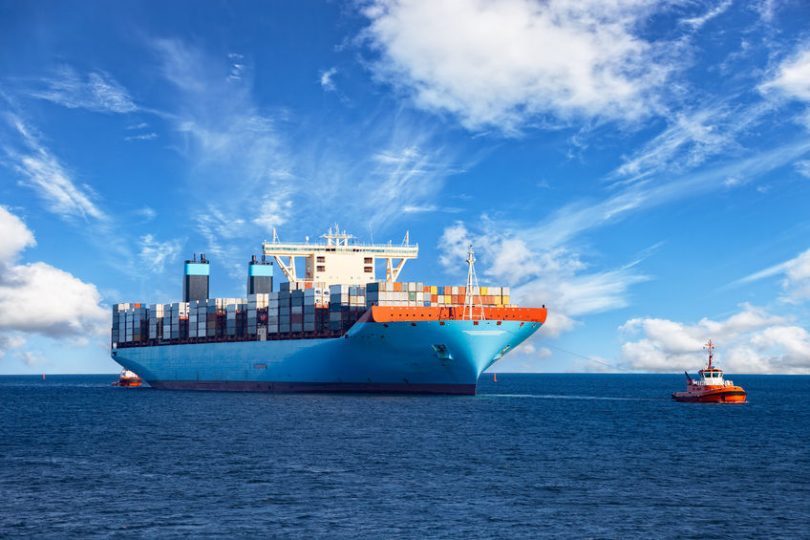Accenture announced that it successfully tested a blockchain solution with a freight and logistics consortium. The alliance includes Anheuser-Busch InBev, APL the shipping container company, logistics business Kuehne + Nagel, and a European customs organization.
Accenture initiated the consortium. It’s not the first in the industry after IBM announced a joint venture with another container company Maersk in January.
The Accenture experiment was to replace conventional digital and physical document exchange with blockchain technology “under single ownership principles determined by the type of information.”
The Benefits
Up to 70% of data in a typical supply chain transaction is duplicated. A purchase involves several documents which both buyer and seller will share. In turn, they will provide data to transport and billing automation providers, creating numerous copies which all need to be kept in sync.
Which makes blockchain seem an attractive solution to:
- improve data quality
- allow for real-time visibility to all parties
- help expedite financial settlement on goods
The solution
The solution can speed up the document flow and reduce data entry by up to 80 percent. Additionally, data amendments are simpler, the process streamlines the checks required for cargo, and reduces the burden and risk of penalties for customs compliance.
“From our perspective, the open and collaborative approach applied in this project is key to gaining traction in the industry and the required market acceptance” commented Martin Kolbe, CIO at Kuehne + Nagel.
Twelve real shipments were tested, including beer and commodities, with a variety of destinations and regulatory requirements using an Ethereum blockchain. The outcome was a confirmation that blockchain can reduce operating costs and increase supply chain visibility.
The next steps are to widen the consortium membership including on the aviation side.






